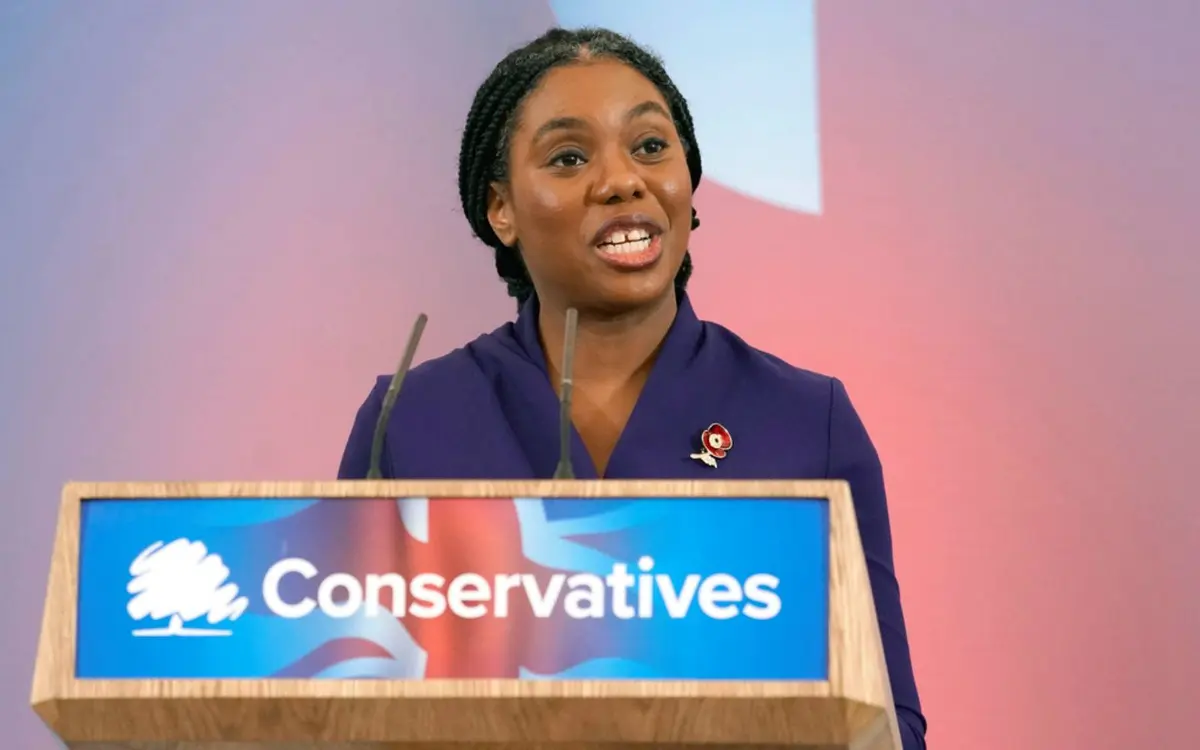
After 14 years in Government ended with a colossal landslide loss to Labour in 2024, the Conservative Party has found itself wondering where its electoral hopes lie.
The Conservatives lost 251 seats in 2024, seeing their vote share collapse by almost 20%; they leaked votes to Labour, the Liberal Democrats, and the Reform party. Reform ended with the third highest vote share behind the two major parties, with over 4 million votes and 5 seats. Reform can be attributed to a large part of why the incumbent government lost quite so many votes, as the vote on the right of the political spectrum was split between the parties.
Perhaps it is for this reason that part of the Conservative campaign in the 2024 election saw them attempt to tack to the right. This included policies including mandatory National Service, which would have likely appealed to their older voter base who may have been considering a switch to Nigel Farage’s Reform. It is also why many MPs sought to vote for a politician from the right of the party in the leadership election after Rishi Sunak stepped down.
The two candidates that made it to the vote by the members were Kemi Badenoch, who served in both Rishi Sunak and Liz Truss’ cabinets, and Robert Jenrick who was most well known for being immigration secretary under Sunak before he resigned for believing that the Rwanda scheme didn’t go far enough to tackle illegal immigration. The one MP who was knocked out by his peers just beforehand was James Cleverly, a more moderate One Nation MP, who had impressed many as both Foreign Secretary and Home Secretary. He had much more experience in the Great Offices of State compared to his competitors in the final three which may have proved useful to position him as an Opposition leader with experience running the country. However, MPs prioritised the ideological shift for the party rather than voting for what would appear to be a more experienced candidate.
More recently, opinion polls carried out by the polling agency YouGov have shown that Labour has plummeted in popularity since the election, and if a general election was held on the 12-13th January, when the poll was released, vote share would be split between Labour (26%), Reform (25%) and the Conservatives (22%). This sees a huge 11% increase in voting intention for Reform since the Election which suggests that it could soon become a major parliamentary force in the coming years. However, the Conservatives still have much more infrastructure around the country that ensures that when an election comes around, they should be able to sap votes from Reform using more coordinated media appearances and canvassing in key constituencies. However, they can perhaps learn from Reform regarding the popularity of their leader, Nigel Farage.
Farage has a cult following among right-leaning voters in the UK while the Conservatives have been plagued by unpopular and uncharismatic leaders since Boris Johnson left his post as PM in 2022. Kemi Badenoch, while she hasn’t had enough time to prove herself yet, does not seem to be as popular as the Conservatives would have hoped among voters. In another recent YouGov poll, in which participants were asked which of the leaders of the 4 largest parties would be most suited to be PM, Nigel Farage and Keir Starmer were almost tied for first place while Kemi Badenoch was far behind both, only narrowly beating the Lib Dem’s Ed Davey. In fact, Nigel Farage was not only strongly supported by 2024 Reform voters but also by 2024 Conservative voters.
The Conservatives, during their time in opposition, should seek to unearth the next generation of leaders within their party. Charismatic leaders who can connect with the public in a way that Theresa May, Rishi Sunak and Liz Truss have failed to in recent years. This, of course, discounts the potential merger of Reform and the Conservative party which would likely lead to Farage’s ascent to Conservative leader and perhaps Prime Minister.
Image: Kemi Badenoch, AP Photo, 2024 // CC By 4.0



Average Rating